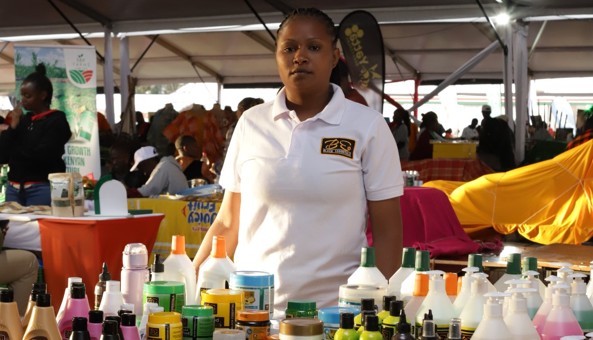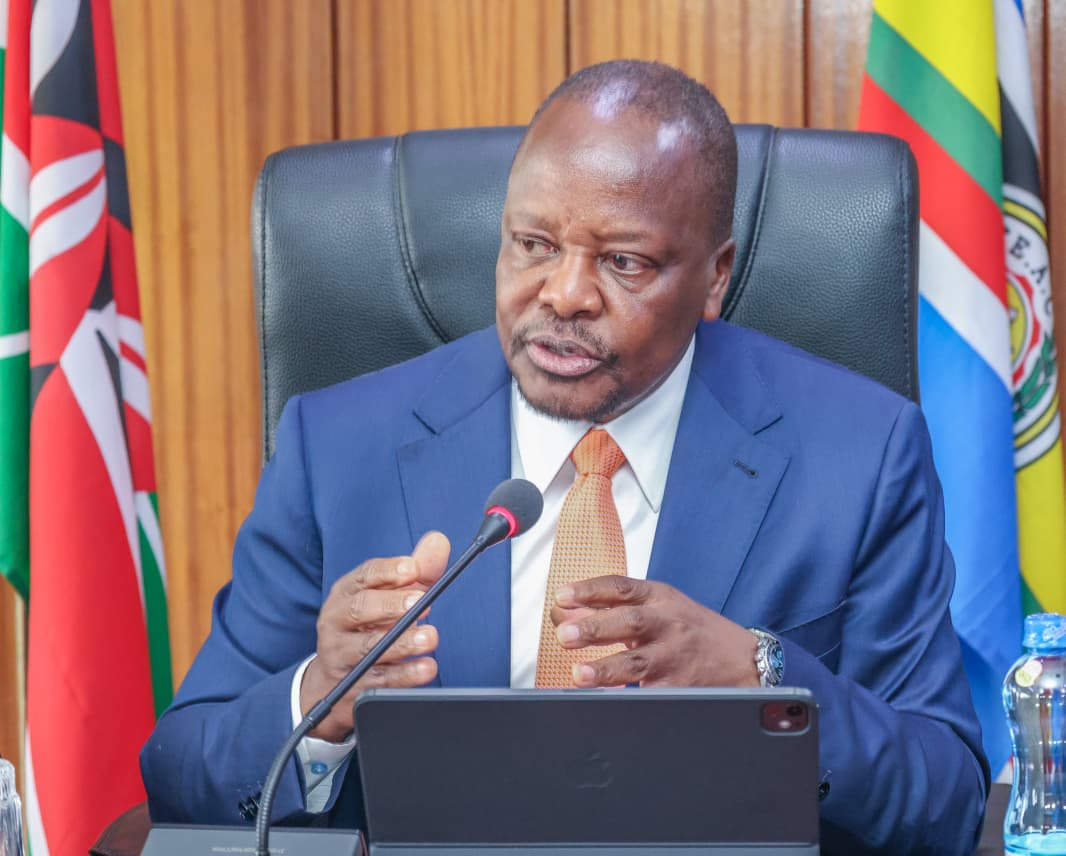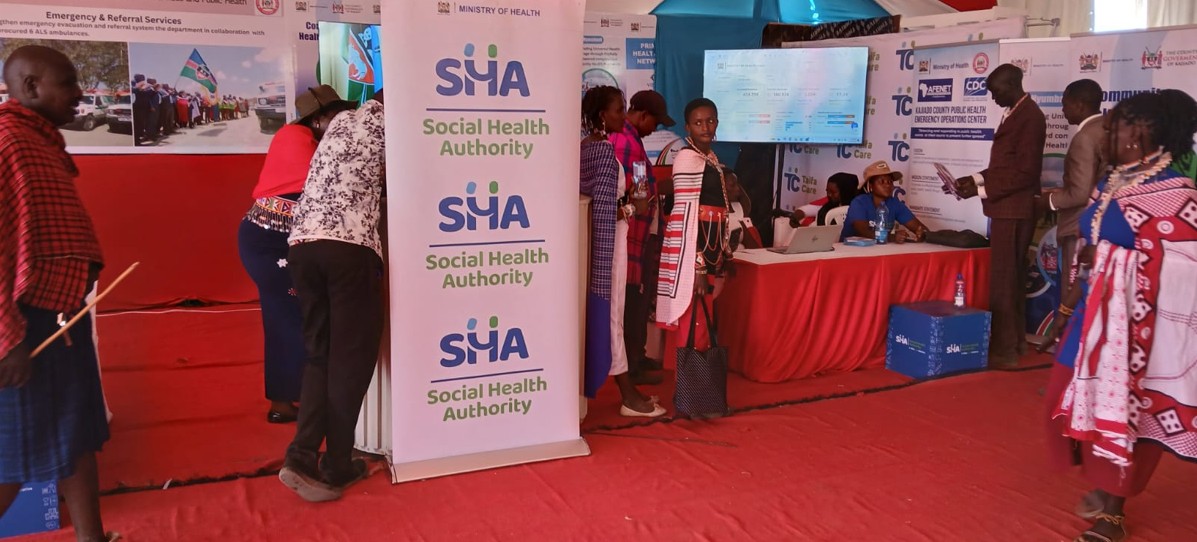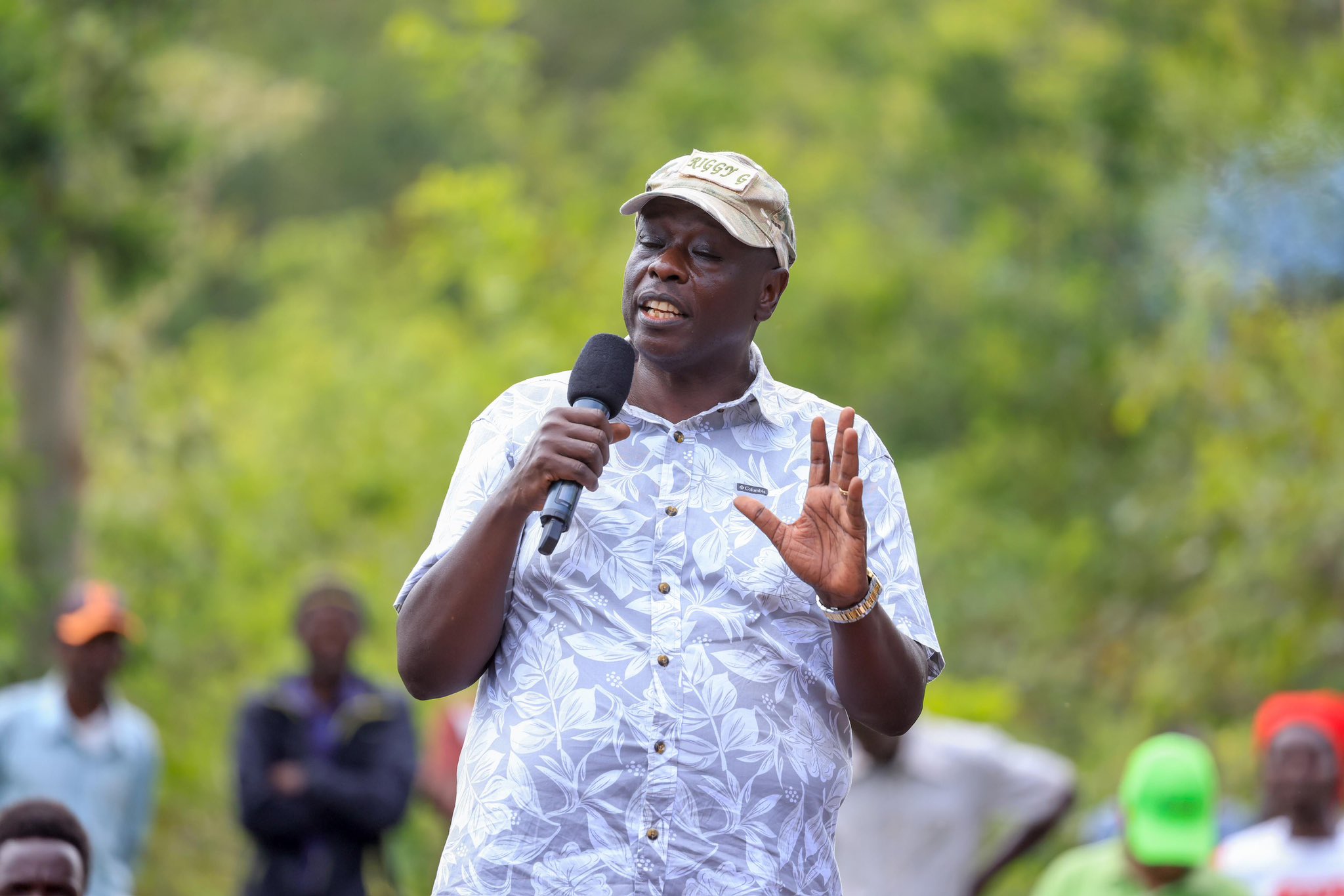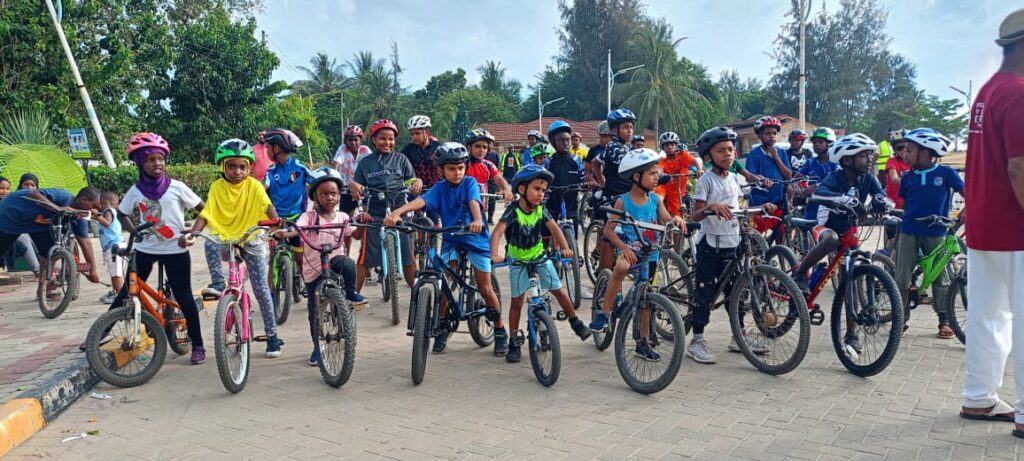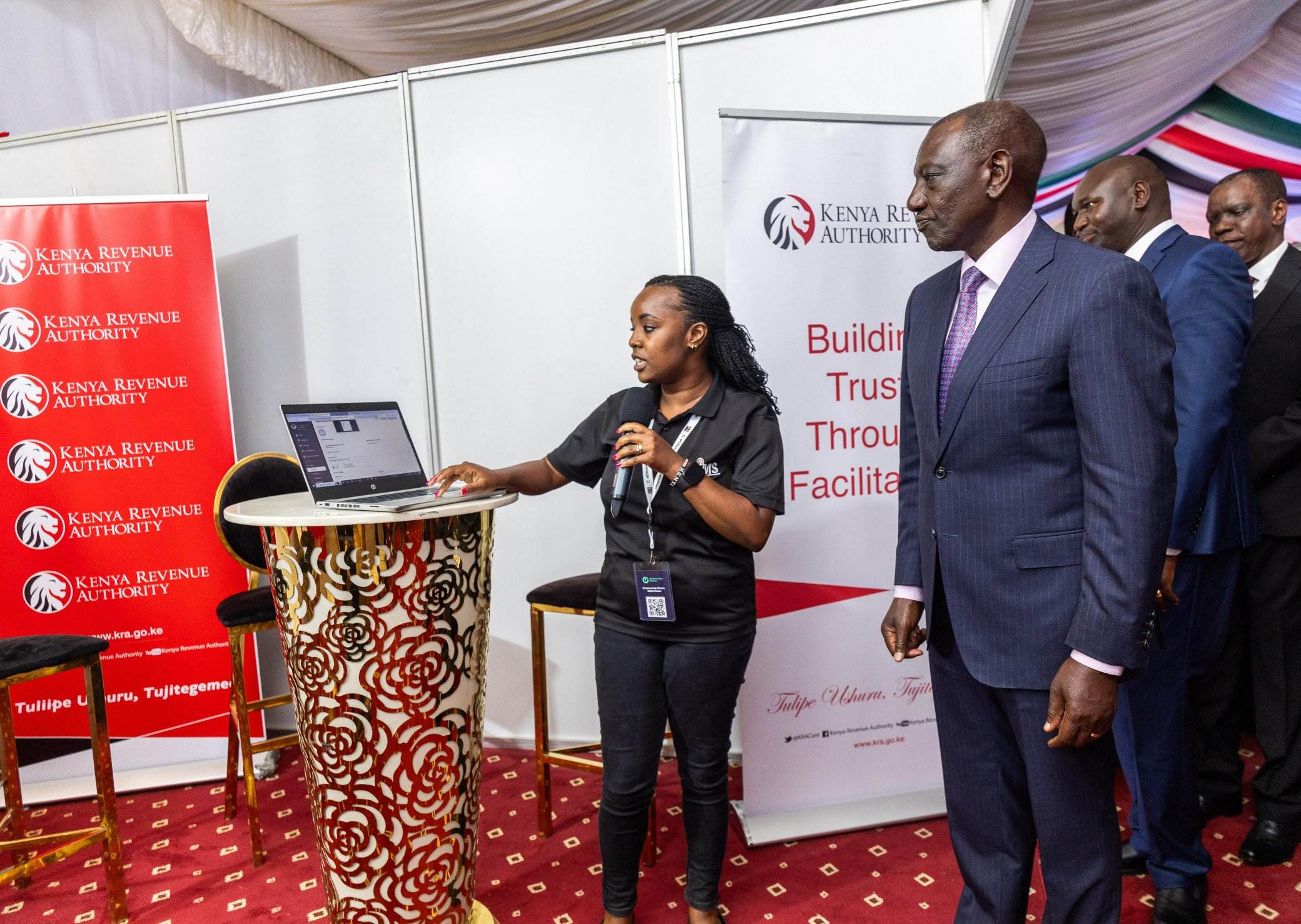NDMA funding shortfall delays Sh3.9 billion hunger safety net payments to 133,800 households
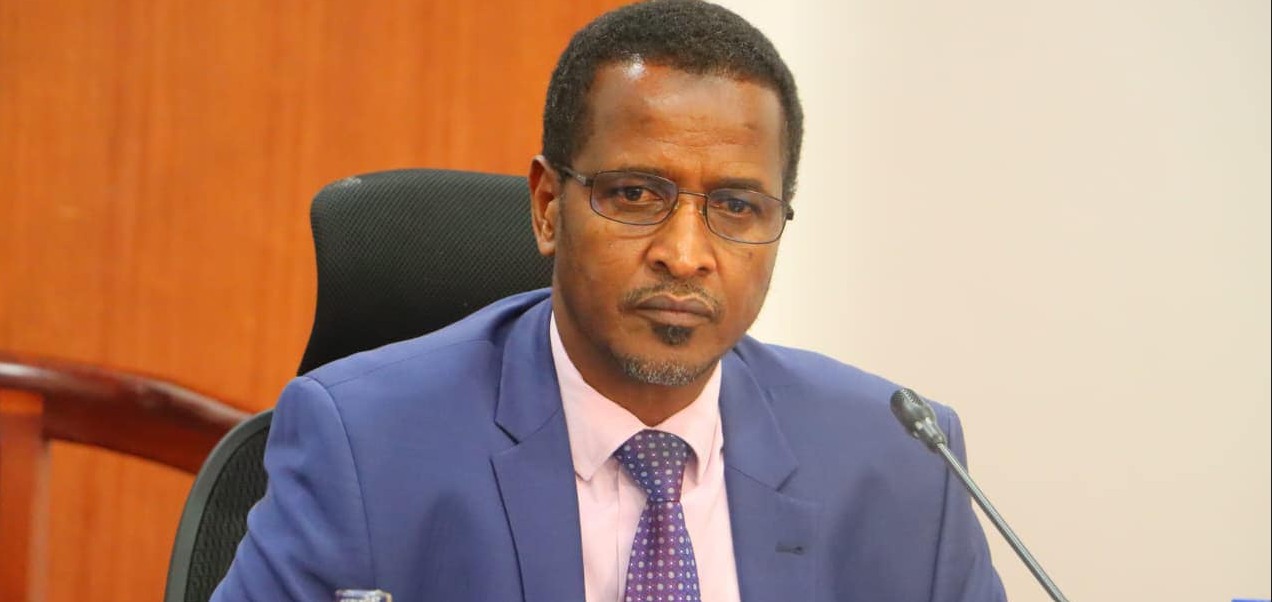
Each household under the programme receives a monthly cash stipend of Sh2,700, helping families buy food and meet other basic needs during periods of hardship.
Thousands of drought-affected households in arid counties risk going without critical support after the National Drought Management Authority (NDMA) revealed that chronic underfunding has delayed payments under the Hunger Safety Net Programme (HSNP), leaving arrears of Sh3.9 billion.
Appearing before the Departmental Committee on Regional Development on Tuesday, NDMA said it had received only Sh1.5 billion of the Sh5.47 billion required for the 2024/2025 cycle, forcing the agency to make partial or staggered payments to beneficiaries.
More To Read
- Factory farming in Africa: Development banks see it as a good idea, but it’s bad for the climate
- Garissa County launches digital livestock vaccination drive to boost pastoralist resilience
- Somalia declares drought emergency as millions face hunger after failed rains
- WFP warns of hunger crisis in Nigeria as 35 million face food shortages
- Somalia faces worsening hunger with millions needing assistance
- Smartphones, women’s rights and coupons: new trends that can boost insurance for African farmers
The meeting, chaired by Sigor MP Peter Lochakapong, followed a motion by Turkana South MP Ariko Namoit pressing for urgent payment of benefits to drought-affected households.
The HSNP is an unconditional government cash transfer programme implemented by NDMA in eight of Kenya’s poorest and most arid counties—Turkana, Wajir, Mandera, Marsabit, Garissa, Tana River, Isiolo, and Samburu.
Monthly cash stipend
Each household under the programme receives a monthly cash stipend of Sh2,700, helping families buy food and meet other basic needs during periods of hardship.
NDMA CEO Hared H. Adan told MPs that chronic underfunding had severely limited the authority’s ability to make monthly payments.
“Because of this gap, we could only make full payments for July, August and September 2024. October payments were partial and funds were depleted thereafter,” he said.
The NDMA’s arrears now total Sh3.9 billion. Hared noted that an appeal to the National Treasury via a supplementary budget request went unanswered.
“We deeply regret the suffering, but these delays stem solely from insufficient budget releases,” he said.
Arid and semi-arid counties
Launched under Vision 2030 and central to the Bottom-Up Economic Transformation Agenda (BETA), HSNP currently supports 133,800 households across the arid and semi-arid counties.
Hared explained that beneficiaries are selected through a data-driven system linked to the Enhanced Single Registry (ESR), jointly managed with the Kenya National Bureau of Statistics (KNBS). Households already receiving Inua Jamii benefits are excluded.
He emphasised that irregular exchequer releases forced NDMA to stagger payments across counties, adding that communication with beneficiaries had been inadequate.
“We held consultations with the Treasury and Parliament before issuing updates, to avoid triggering panic among households. Unfortunately, that silence fuelled anxiety,” he said.
He added that when HSNP’s budget classification shifted from development to recurrent expenditure in FY 2023/24, only Sh125 million became available monthly, far below the required Sh456 million, causing backlogs and delays.
Verified poverty prevalence
Hared also dismissed claims of regional or ethnic bias, noting that HSNP staff are recruited locally and county allocations reflect verified poverty prevalence.
The programme employs eight programme managers, 33 programme officers, eight procurement assistants, eight accounts assistants, and five drivers from the beneficiary counties.
Household allocations per county include: Turkana 39,917, Wajir 19,201, Mandera 22,229, Marsabit 20,453, Garissa 9,252, Tana River 7,377, Isiolo 7,027, and Samburu 8,344.
“These figures stem from verified data, not ethnicity. HSNP’s selection remains objective and auditable nationwide,” Hared said.
He appealed to Parliament for immediate action, requesting Sh3.9 billion to clear arrears and Sh5.47 billion for the 2025/2026 cycle.
“Absent predictable funding, HSNP cannot meet its constitutional mandate or expand to all 23 ASAL counties as envisioned. We appeal to Parliament to act decisively, compassionately, and without delay to secure Kenya’s most vulnerable families,” he warned.
Unacceptable
MP Namoit condemned the prolonged delays, describing it as unacceptable that families dependent on HSNP had gone nearly a year without payments. He stressed that the programme is a constitutional right and called on the Treasury to prioritise social protection with the same urgency as major infrastructure projects.
“That families dependent on this lifeline have gone nearly a year unpaid is unacceptable. This programme is not optional; it is a constitutional right. You can’t claim to uplift lives while drought-stricken Kenyans starve,” he said.
Committee Chair Peter Lochakapong committed to swift parliamentary intervention, promising to push the Treasury and the State Department for ASALs to prioritise HSNP funding.
“We will push the Treasury and State Department for ASALs to place HSNP at the top of the funding list. We’ll also advocate for clearance of Sh3.9 billion via a supplementary budget,” he said.
He instructed NDMA to overhaul communication with beneficiaries to rebuild trust.
The committee is expected to table recommendations urging the Treasury to raise HSNP funding and embed the programme under the Medium-Term Expenditure Framework (MTEF) to protect it from year-to-year volatility.
“Our actions now can halt thousands from slipping into deeper hunger,” Lochakapong said.
Top Stories Today
